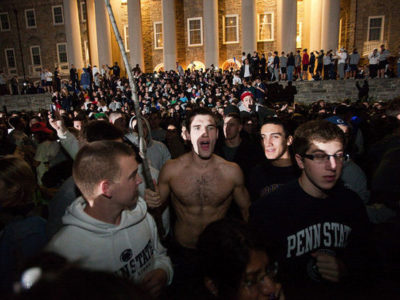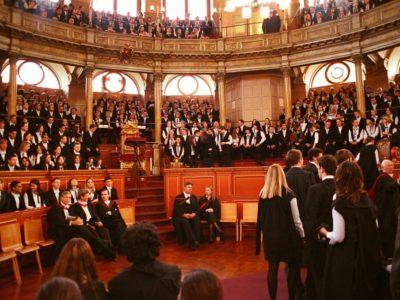Looking to become the next American political hero? The first thing you’ll need is a proper education to prepare you to be the next Francis Underwood from House of Cards. Four score and seven minutes from now, you’ll find yourself more educated on where to find the best political science education in the nation. We’re College Magazine and we approve this message.
10. Pomona College

Pomona College takes a philosophical Grecian outlook on political science. “Pomona’s curriculum may stand out because Professors are assigning unexpected and dynamic readings—like novels, music, narratives, poems, movies,” Pomona College junior Ani Alyce Schug sad. “Politics is everywhere, and thus our curriculum doesn’t stay confined.” Courses advocate for civil equality while guiding the student body toward reaching it. Pomona’s strong academic force derives from its 51 poli-sci student organizations, including the Politics Club and Model United Nations, and an 8-to-1 student-to-faculty ratio. The college offers students a place to contemplate the balance of practicality against idealism. For Schug, her work at the Draper Center for Community Partnerships allows her to put her studies into a real-world application. “…I coordinate opportunities that bring together college students and resources with off-campus partners like high schools students or local non-profits.” Pomona even dives into environmental issues with its courses on Green Political Theory and the Politics of Food and Water.
9. University of California, Los Angeles
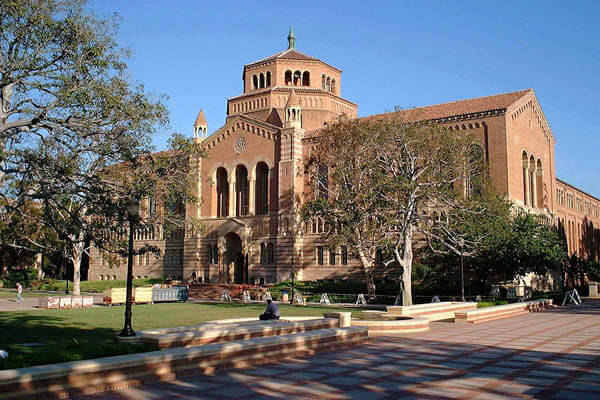
Aside from the glitz and glamour of Hollywood, UCLA offers a home for future politicians. Past alumni found careers in the House of Representatives, diplomacy, public affairs and national education boards. UCLA prides itself on its expertise in the subjects of political theory, political economy and electoral matters. Sure, the campus may feel far from The White House but with classes like “National Institutions: The Presidency,” students get the inside scoop on what it’s truly like to call oval office home. Not to mention, Bruins won’t miss an opportunity to talk politics with campus organizations dedicated to the field. UCLA students are extremely active in Pi Sigma Alpha, the political science honor society and We the People at UCLA, an organization focused on discussions of civil liberty.
8. Villanova University
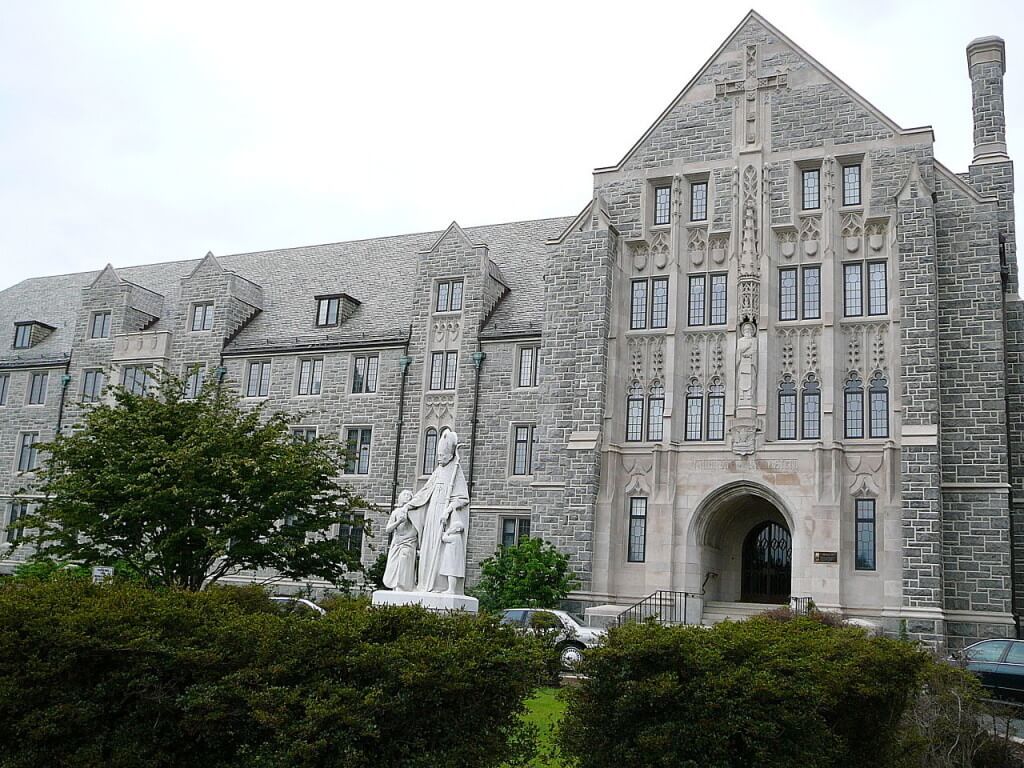
Roughly 12 miles west from the birthplace of the American government, Villanova is home to a gold mine of political science knowledge. Poli-sci students can enroll in unique courses like Development and Aid, Genocide and Mass Killing, and Cyberpolitics. Villanova also prides itself on utilizing data effectively. The program educates students on how this knowledge plays a paramount role in bettering the political system. “Villanova’s political science program offers students an opportunity to work closely with nationally and internationally recognized faculty who are as dedicated to teaching as to discovering new knowledge,” Professor and Chair of Villanova’s Political Science Program Dr. Matthew Kerbal said. “Our classes are small and students are never taught by graduate students. You will get to know your professors, they will know you, and they will care about your education.” Villanova also boasts of The Villanova Times, a student-run publication for politic-oriented discourse on social problems in modern government and society. And the school offers student-directed organizations dedicated to the exploration of political philosophy and contemporary political issues. Read up on the Times and join the discussion!
7. Williams College

Against a stunning backdrop reminiscent of colonial-era Massachusetts resides Williams College, a small, private liberal arts school. The college focuses its political attention on collectivism and group efforts toward establishing a better government and way of life. This lends itself to the political science program’s mission to create politicians whose interests include improving society and government as a whole. “Political science is above all the study of power: how it is created, exercised, justified, and challenged,” according to the department’s website. After finishing the program, students improve their analytical skills as well as their capacity to establish a clear and strong argument via writing and speech. And clearly that pays off… Payscale reveals that alumni earn annual salaries of up to $80,000.
6. Columbia University

Being the alma mater of the President of the United States sure doesn’t hurt Columbia’s political science status. But Obama is just the start. Columbia boasts an impressive record of graduates that have moved on to global and domestic political sectors. Cue Eric Holder, the 82nd attorney general of the USA and Gunnar Lund, a previous Swedish ambassador to the USA and current ambassador to France. Even the professors have held political positions. “Some of these professors are so famous that students are sometimes too intimidated to speak to them,” Columbia graduate Lauren Hirsch said. “That’s a big mistake!” she explained because Students will miss out connecting with leaders in their field. “The Professors are generally extremely friendly and interesting to talk to if you approach them after class or during office hours,” she added. The political-science curriculum offers students the opportunity to choose two fields of concentration out of four options: American politics, comparative politics, international relationship and political theory. Coursework offers an insider’s look at the political framework of countries besides the United States. And out of the classroom experience is highly encouraged. “One of the things people might not realize, and which I think was very unique about my experience, was that I filled several of the major requirements through research positions. Instead of taking classes, I got to work directly for professors, conducting research,” Columbia graduate Lauren Hirsch said. If none of this caught your attention, consider this: poli-sci alumni from Columbia earn up to $193,000 at a mid-career salary, according to Payscale. Enough said.
5. University of Chicago
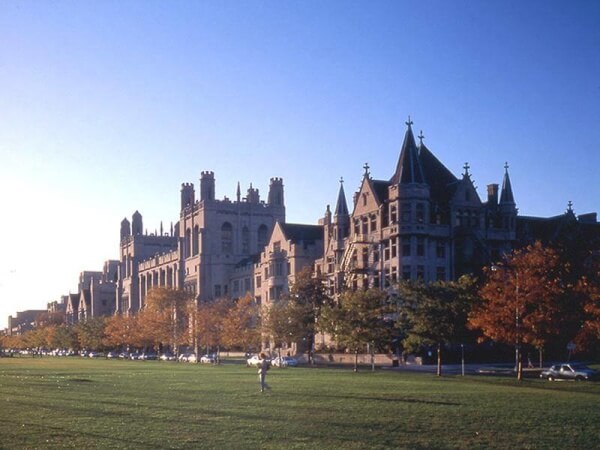
Are you feeling the “Bern” in more ways than one? Then why not attend the same university as dear ol’ Bernie Sanders, an upcoming presidential candidate in the 2016 election? “I’ve loved the chance to interact with famous, accomplished political science scholars at UChicago who’ve made important contributions to the entire field,” UChicago senior Sam Zacher said. “Whether this involves taking a course from him/her, going to speak at office hours, or hearing a specialized lecture, experiencing the intelligence, and often personableness and willingness to chat with undergraduates, of famous scholars enhances the experience.” Besides an impressive set of alumni, UChicago offers students the opportunity to get involved with 40 poli-sci organizations, including Amnesty International, College Republicans, College Democrats and Political Union, which offers a safe ground for political discourse. “My favorite part of UChicago was understanding how to think, read, and write critically. Through this process, we’re taught how to think logically and coherently, while communicating in a very organized and succinct way,” Zacher said. “This process can then be applied to all aspects of life in which evidence is used to argue anything at all.” At the same time, the curriculum doesn’t shy away from addressing the darker sides of politics, offering courses like Drugs, Guns, and Money: The Politics of Criminal Conflict, War and the Nation State, and Political Economy of Corruption. Can you say controversy?
4. University of California, San Diego
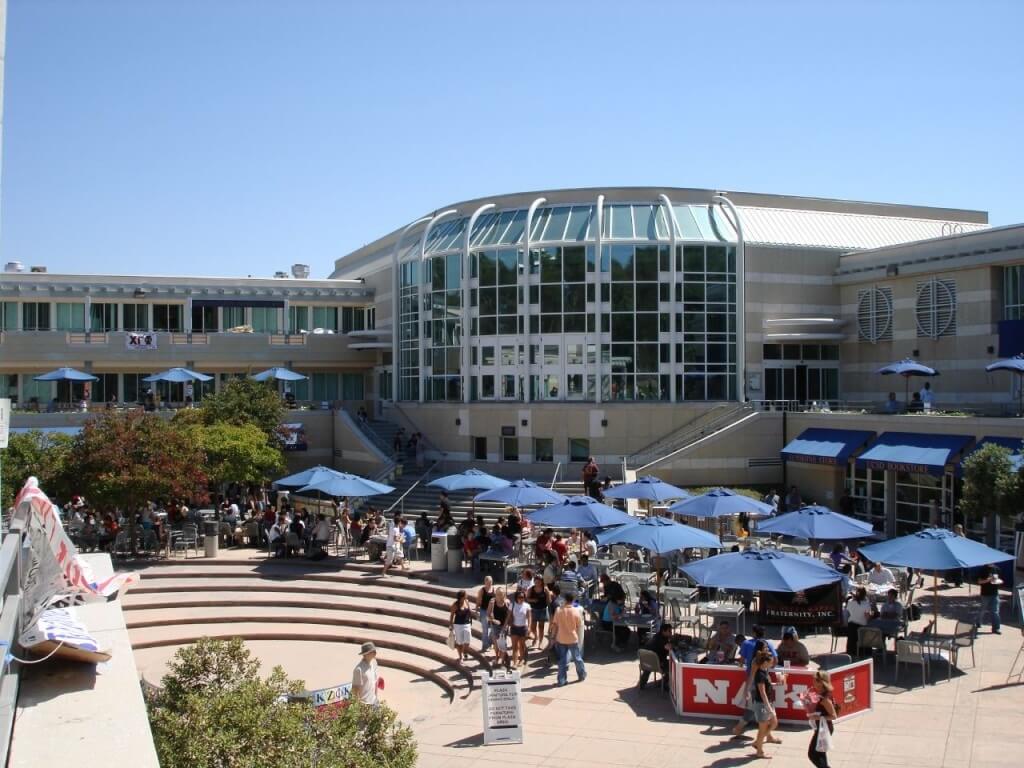
Where can you go to take courses specifically tailored to help you win a political election? No other place than on the sunny, sandy coasts of San Diego, California. UCSD offers students in-depth courses that not only give them the details behind the framework of political science, but also the details necessary for advancing their political career, including the course How to Win or Lose an Election. Beyond the classroom, political science students can take advantage of the school’s extensive study abroad program and an intensive career planning department, ensuring your path is clear from the start. “Professors of the department are always willing to sit with you and talk through a variety of subjects, from the coursework to potential future careers. This is extremely special since you are speaking and developing relationships with nationally-renowned scholars and experts,” UCSD graduate Nhat-Dang Do said. “The department helped me develop my critical thinking, writing abilities and other marketable skills. I was able to excel because I had a strong network of support in the department.” For Do, the environment of collaboration and hands-on learning made his experience one of a kind. The goal of San Diego’s poli-sci program is for students to address political issues and refer to ancient government discourse to relate to political discourse today. Alumni have advanced to successful careers in Congress.
3. University of California, Berkeley

This West coast school derives its prestige through its set of informative courses regarding the backstory of politics, including Political Systems in Other Countries, The Purpose of War and Group-Based Voting Patterns. The poli-sci department hopes to guide students toward a deep understanding of politics with the overall purpose of improving conditions in the geopolitical scheme. With a student to faculty ratio of 17:1 and the opportunity to join 60 unique poli-sci student organizations, like the Civil Rights Outreach Program, Cal Berkeley Democrats and Debate Union at Berkeley. Graduates reportedly earn salaries between $39,000 and $146,000. For those wishing to grasp the philosophy behind how countries further their agendas or “get things done,” this school just might be the place you call home.
2. Brown University
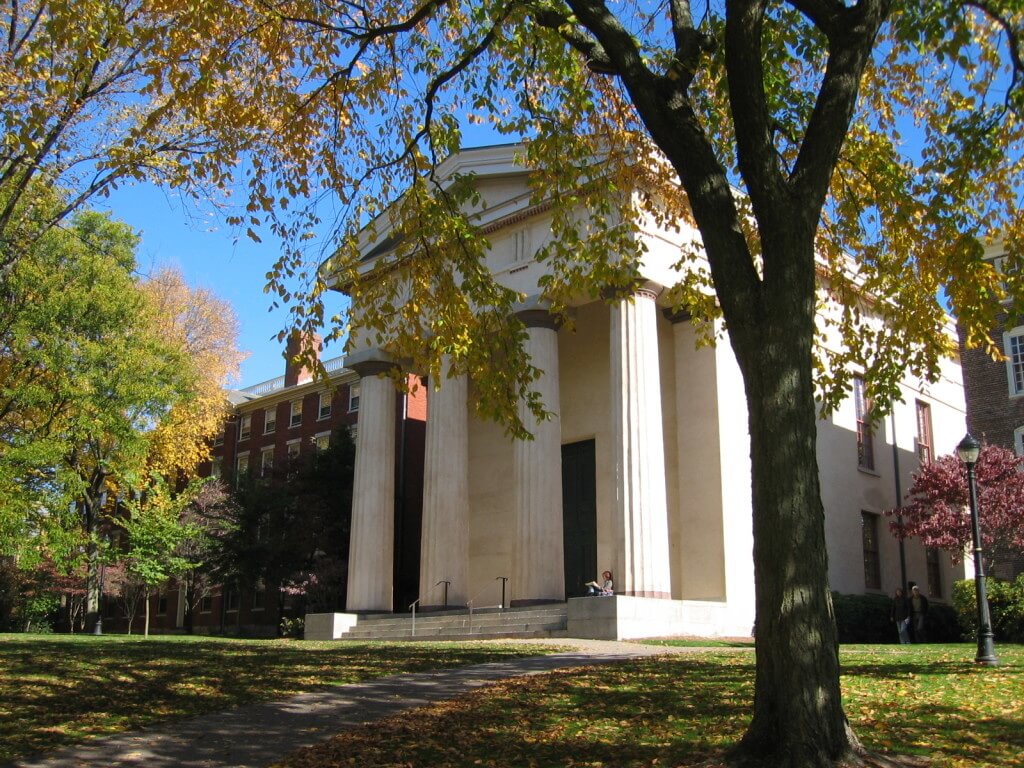
Graduates from Brown University wear a crown of political expertise. In fact, political science reigns as the most popular major on campus. That’s probably because Brown boasts the one of the best poli-sci research facilities in the nation. Faculty and students lead research on pressing political science quandaries such as the political theory project and international political relations. Thanks to Brown University’s modified, open curriculum, students experience more flexibility when choosing their courses. “…[W]e try to combine the rigors of the major with the open intellectual community at Brown,” Professor and Chair of Political Science Wendy Schiller said. “[Political science majors] will receive a dynamic education and acquire the skills and breadth to answer important political questions of our time.” To help answer those questions, The Taubman Center for Public Policy and the Watson Institute for International Studies offer students more resource options than a Starbucks menu. If that doesn’t make you want to scream America, I’m not sure what will. Not to mention the curriculum offers a student to faculty ratio of 8-to-1, allowing for some close networking opportunities with professors.
1. Yale University

Yale graduated several successful and well-known politicians including George H.W. Bush and Dick Cheney. It’s no surprise why so many Yale students choose poli-sci when it’s home to the leading research facilities of contemporary political science in the entire world, reviewing ancient and modern political theory, international relations and American politics. Seniors take their ideas from the classroom to Capitol Hill, pursuing actual research projects in their concentration. With an astoundingly low student to faculty ratio of 5.6:1, you’ll be on first-name basis with your professor before you can say “democrat.” Want to be President? Try presiding over one of Yale’s 31 incredibly unique poli-sci student organizations, such as The Yale Politic and Yale Ivy Council. Did you know a Yale political science degree could earn you six figures? Enjoy the view from the top of the political ladder.
For more College Rankings, check out:
Top 10 Colleges for Musical Theater Majors












